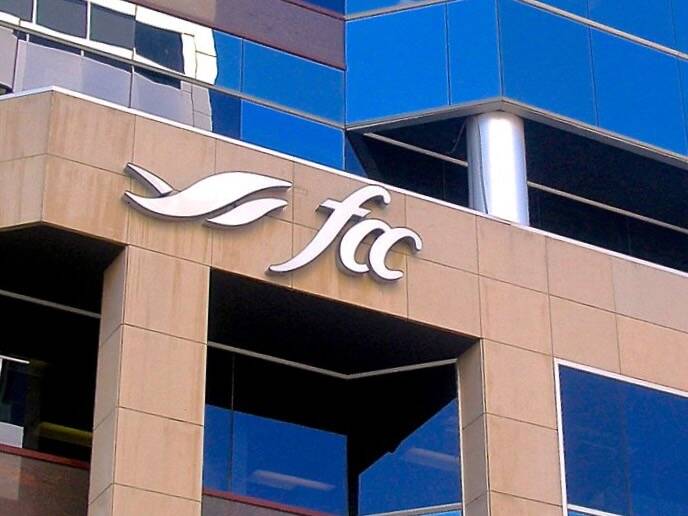Manitoba farmers have expressed willingness to continue paying Monsanto to grow Roundup Ready soybeans even after the patent on them expires.
A resolution passed at the recent Keystone Agricultural Producers annual meeting in Winnipeg calls on KAP to “lobby Monsanto to allow Manitoba farmers to continue to grow Roundup Ready 1 soybeans under a user agreement.”
Monsanto’s patent on Roundup Ready 1 soybeans expires in August 2011. After that, farmers may grow RR1 soybeans in 2012 without paying for a technical use agreement (TUA). They may also retain the seed to plant in 2013 and beyond.
Read Also

Farm Credit Canada forecasts higher farm costs for 2026
Canadian farmers should brace for higher costs in 2026, Farm Credit Canada warns, although there’s some bright financial news for cattle
Genuity Roundup Ready 2 Yield, a new generation of Roundup-tolerant soybeans, will be available for 2012. To plant them, farmers will need to sign TUAs preventing them from saving the seed.
The KAP meeting heard that farmers are skeptical for two reasons: they don’t believe RR2 soybeans will perform as well as RR1, and they don’t believe RR1 seed will be available after the patent comes off.
For some time, allegations have circulated that Monsanto is exerting pressure on seed companies not to carry RR1 after August 2011. So far, only Pioneer Hi-Bred says it will sell RR1, but only if farmers agree not to save the seed.
“We don’t want to plant Roundup Ready 2 without knowing how well it works,” Ed Rempel, a grower from Sanford, told the KAP meeting.
“Now we have Monsanto saying we cannot purchase something that we want. We want what we want. We are willing to pay for it.”
Dan Smith, business development head for Monsanto in Winnipeg, strongly denied his company is trying to prevent the sale of RR1 seed next year.
“Absolutely not,” was Smith’s response when asked if Monsanto was telling seed companies not to carry RR1 after 2011.
That’s up to seed companies themselves to decide, he said.
“We have nothing in place that precludes anybody from going down the line of taking a position on Roundup Ready technology this year or any year in the future.”
It’s too early to say if seed companies will carry RR1 next year or not, Smith added.
“I haven’t talked to a seed company that’s absolutely made that decision yet.”
Other delegates at the KAP meeting expressed doubt RR2 soybeans will do as well on their farms as RR1 does.
Rob Brunel of Ste. Rose du Lac said he farms on the northern fringe of Manitoba’s soybean country. He said RR2 has not been tested in his area, so it’s uncertain if it will mature as soon as RR1 does.
Smith said RR2 has varieties that will either match or better RR1’s days to maturity.
“The material coming forward this year that will be multiplied by seed companies who want to take these varieties on will satisfy those maturity classes. There’s no question about it.”
Smith said up to a dozen RR2 varieties will be available in 2012.
He said he could not comment on KAP’s proposal to continue paying for RR1 after the patent ends.
Evaristus Oshionebo, a law professor at the University of Manitoba, said there’s nothing to stop farmers from entering into an agreement with Monsanto to do just that. Only contract law would apply, not patent law, he said.
“If farmers decide that it is in their best interest to sign an agreement with Monsanto so that they continue to use the soybean, which is the subject matter of the expired patent, any dispute arising from that agreement would be based on the law of contract,” said Oshionebo, who teaches patent and property law.
“Patent law would no longer apply because the patent has expired.”
But Oshionebo cautioned that producers are not legally obligated to enter into an agreement with Monsanto relating to an expired patent.
“Farmers have to be very careful that they do not give to Monsanto what Monsanto is not legally entitled to.” [email protected]
———
“Wewantwhatwewant.We arewillingtopayforit.”
– ED REMPEL














